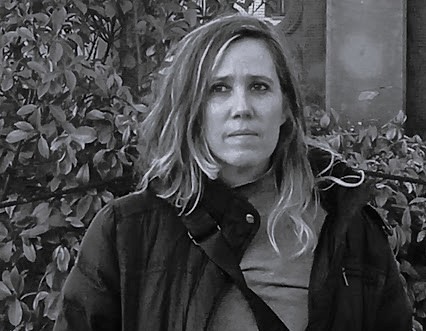
(Montevideo, 1974.
She lives in Buenos Aires since 1982)
Ximena Espeche (PhD, Social Sciences, Universidad Nacional General Sarmiento/Instituto de Desarrollo Económico y Social (UNGS/IDES); B.A., Facultad de Filosofía y Letras, Universidad de Buenos Aires; Playwright from the Escuela de Dramaturgia de la Ciudad de Buenos Aires) has received research grants from the National Arts Fund, CONICET, and the Fulbright Foundation. She is an independent researcher at CONICET and a professor of Argentine and Latin American Thought (FFyL, UBA), and has also taught in the Master's degree programs in Argentine and Latin American History (FFyL, UBA) and Intellectual History (UNQ). She has published numerous articles in national and international journals and book chapters. In 2016, she published La paradoja uruguaya. Intelectuales, latinoamericanismo y nación a mediados de siglo XX (UNQ). She has participated in various research projects related to the intellectual history and intellectuals of the region, and on Latin American economic thought. She has taught at the Teacher Training School of the City of Buenos Aires and in the UNQ entrance course. She is a member of the Advisory Board and the Reviews section of Prismas. Revista de historia intelectual. Between 2015 and 2018, she participated in the feminist collective “Ni Una Menos”.
She has worked as a content creator for various literature programs on Canal Encuentro and was co-writer of the first episodes of the cartoon “La asombrosa excursión de Zamba en el Cabildo” (Canal Pakapaka). She writes poetry and fiction. As a poet, she has published cosa y sombra (Montevideo, artefato, 2004) and El filo del hacha (La Plata, Club Hem, 2018).
Her research focuses on information wars during the Cold War in Latin America (1940-1970) and the techno-scientific imagination regarding the control of human behavior (brainwashing, psychological warfare, etc.) in the 1950s. Her work takes special note of the revolutionary events in Bolivia (1952) and Cuba (1959), and the coup in Guatemala (1954).
Profile on Academia
